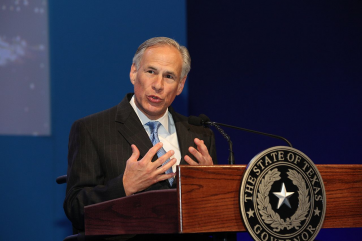Columbia University is planning to amend the outdated requirements of its highly restrictive 93-year-old 'The Lydia C. Roberts Graduate Fellowship', which is limited to individuals from the 'Caucasian race', who were born in Iowa and have attended a college or university in Iowa.
Roberts bequeathed most of her $509,000 estate to Columbia to create the trust when she passed away in 1920.
The fellowship also states that selected students must not study law, medicine, dentistry, veterinary surgery or theology. Plus, they must relocate to Iowa for a minimum of two years after graduation.
Lucy Drotning, the university's associate provost, filed an affidavit at the Manhattan State Supreme Court last week, to support a prior petition by the fund's administrator, JPMorgan Chase Bank, alleging that the racist provisions established in 1920 were invalid.
"Circumstances have so changed from the time when the Trust was established" that complying with the restrictions are "impossible," the filing states. "Columbia University is now prohibited by law and University policy from discriminating on the basis of race."
The affidavit asks the court to rule out the whites-only provision and propose a modification to the Iowa-only rule so that the university can present the fellowship to prospective students who are either from Iowa or have graduated from college there.
Grayson Kirk, then provost for the university, feels that by bestowing the fellowship to white men and women, the university is depriving other potential students from seeking its benefits.
The Ivy League School hasn't awarded the fellowship since 1997 due to financial reasons, according to the court papers.
"Columbia long ago ceased awarding the fellowships in question and does not follow gift conditions that violate anti-discrimination laws. It should go without saying that a university rightly known for the great diversity of its student body is as offended as anyone by the requirements of these fellowships," the university said.
Earlier, Columbia was known to have once defended the program, in 1949, when the National Association for the Advancement of Colored People (NAACP) asked them to denounce the discriminatory scholarship. At that time, the university had refused to take any action.








